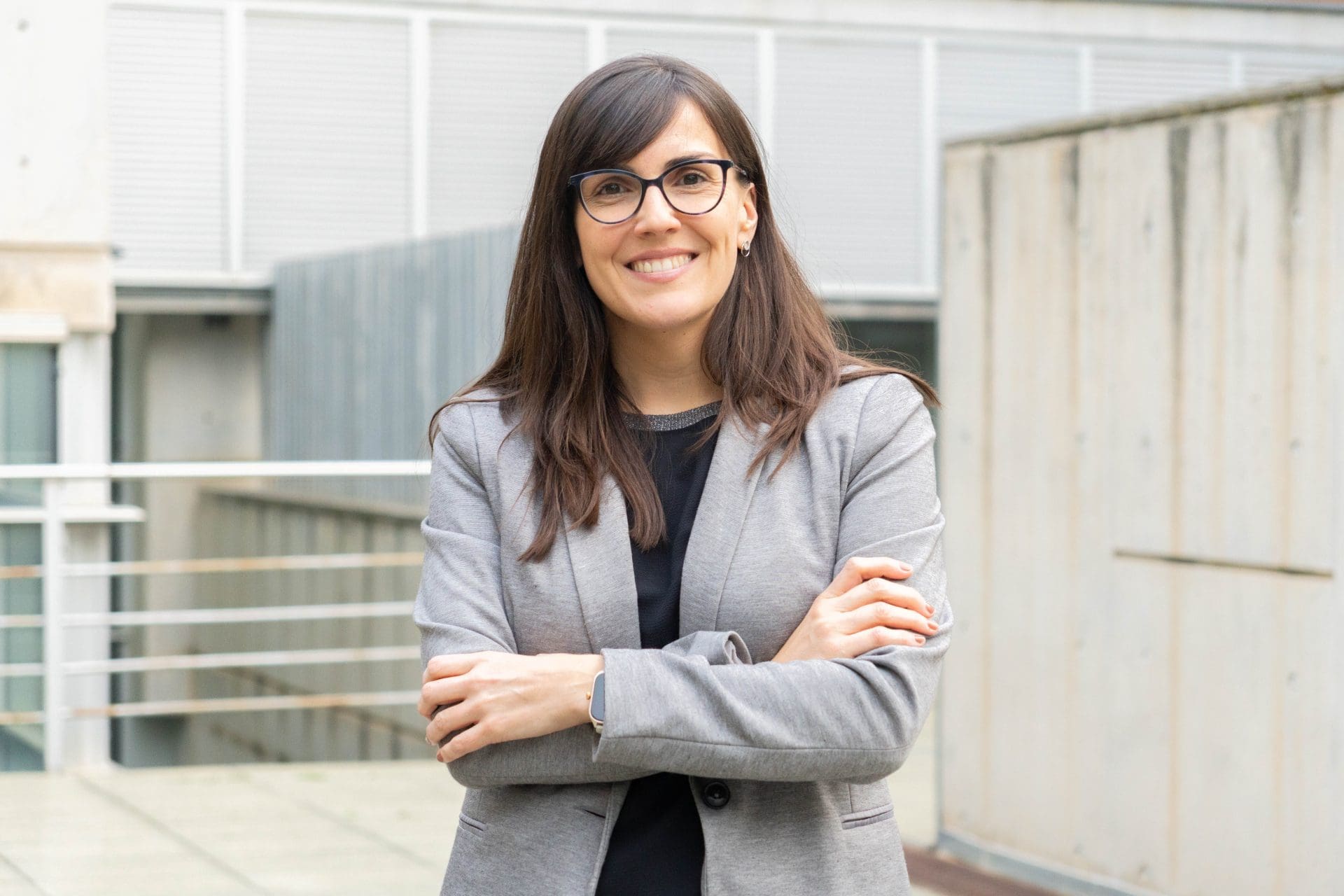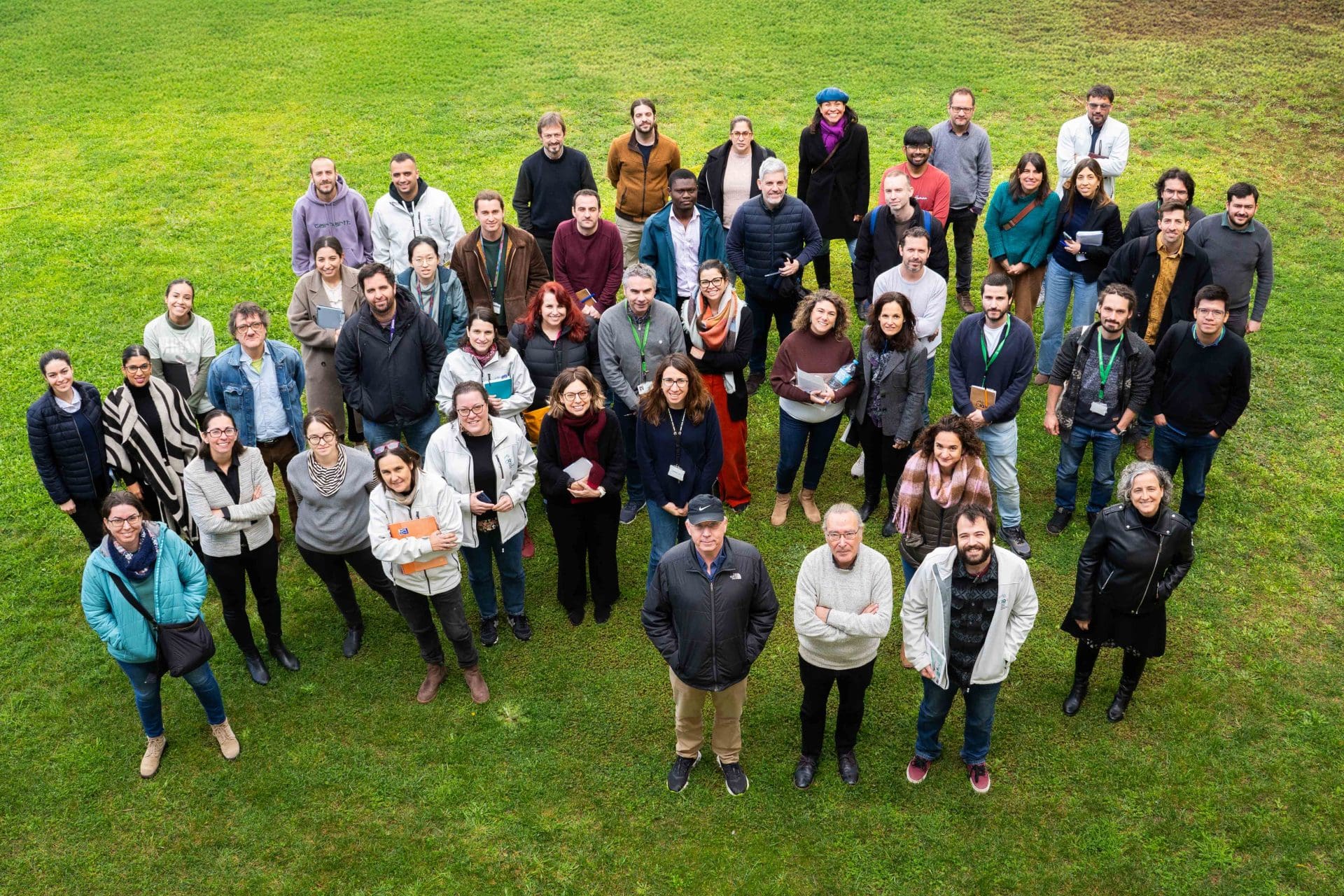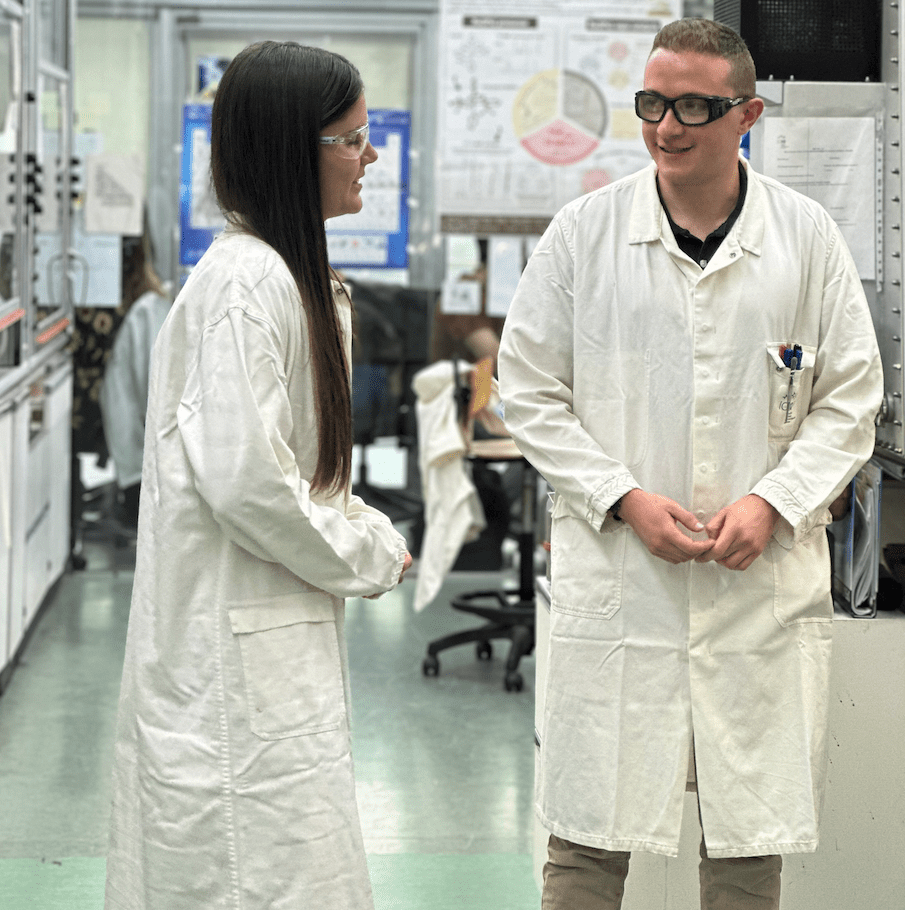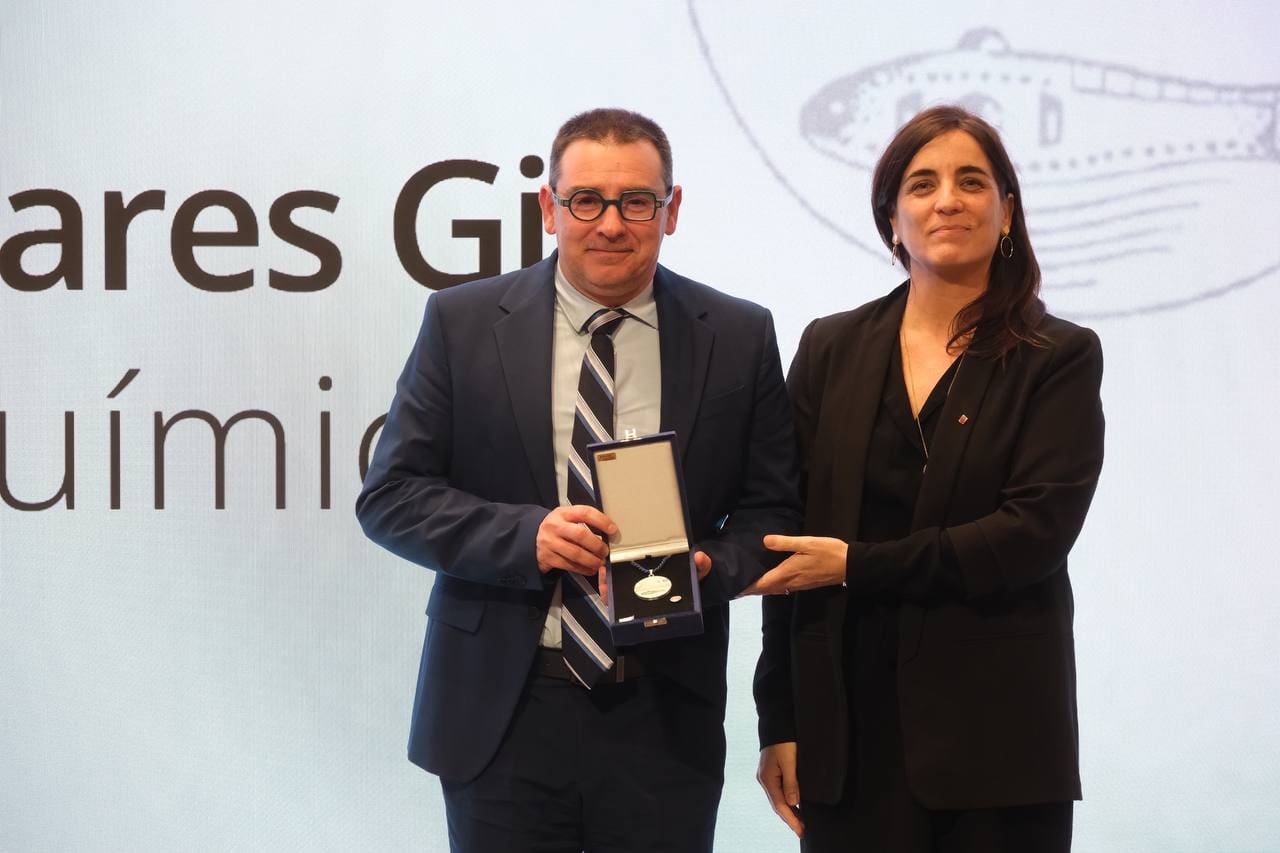New functionalization method for Poly(limonene carbonate)
10th October 2024 -
The group of Prof. Kleij present a versatile approach that enables the development of biobased hybrid materials with diverse structures based on polymer brush-type macromolecules
Dr. Dimitrios Skoulas from the group of Prof. Arjan W. Kleij at ICIQ in collaboration with the Catalan company ONYRIQ have reported a straightforward functionalization protocol for poly(limonene carbonate) (abbreviated as PLC and based on D-limonene as the key bio-precursor). This PLC functionalization approach is highly modular and establishes PLC as a multifunctional platform molecule for the creation of novel biobased (hybrid) materials. The final properties of these copolymers depend on the nature of the monomers used for the polymerization, highlighting the great synthetic diversity that can be attained.
We demonstrate here that a biobased polycarbonate (PLC) can serve as a versatile platform molecule, functionalizing it with oligopeptides via ring-opening polymerization and changing the physical and thermal properties of the material. As such, the approach holds great promise for the fabrication of a wide range of novel biomaterials
Prof. Arjan W. Kleij
In this work, the group demonstrates a novel type of functionalization of PLC using the pendant C=C bonds present in each repeat unit. The developed protocol allows the construction of new materials with high bio-content and with different degrees of grafted oligopeptide segments onto the main polycarbonate chain, thereby clearly influencing aggregation and solubility features.
Polymer brush type macromolecules
In this protocol presented in ACS Macro Letters, amine groups are used as starting points for ring-opening polymerization reactions and the PLC backbone is accordingly modified with oligolysine fragments, thereby creating a polymer brush type macromolecule.
An interesting way to alter the physicochemical properties of polymers is the preparation of polymer brushes by combining different types of polymers into a single structure. Polymer brushes have, for instance, emerged as key components in improved drug delivery and DNA conjugation systems. The main concept is based on the binding and bundling of side polymer chains to another polymer backbone.
This research should inspire a further discovery and optimization of novel properties enabled by the adaptable nature of biobased PLC serving as an accessible and scalable platform macromolecule.
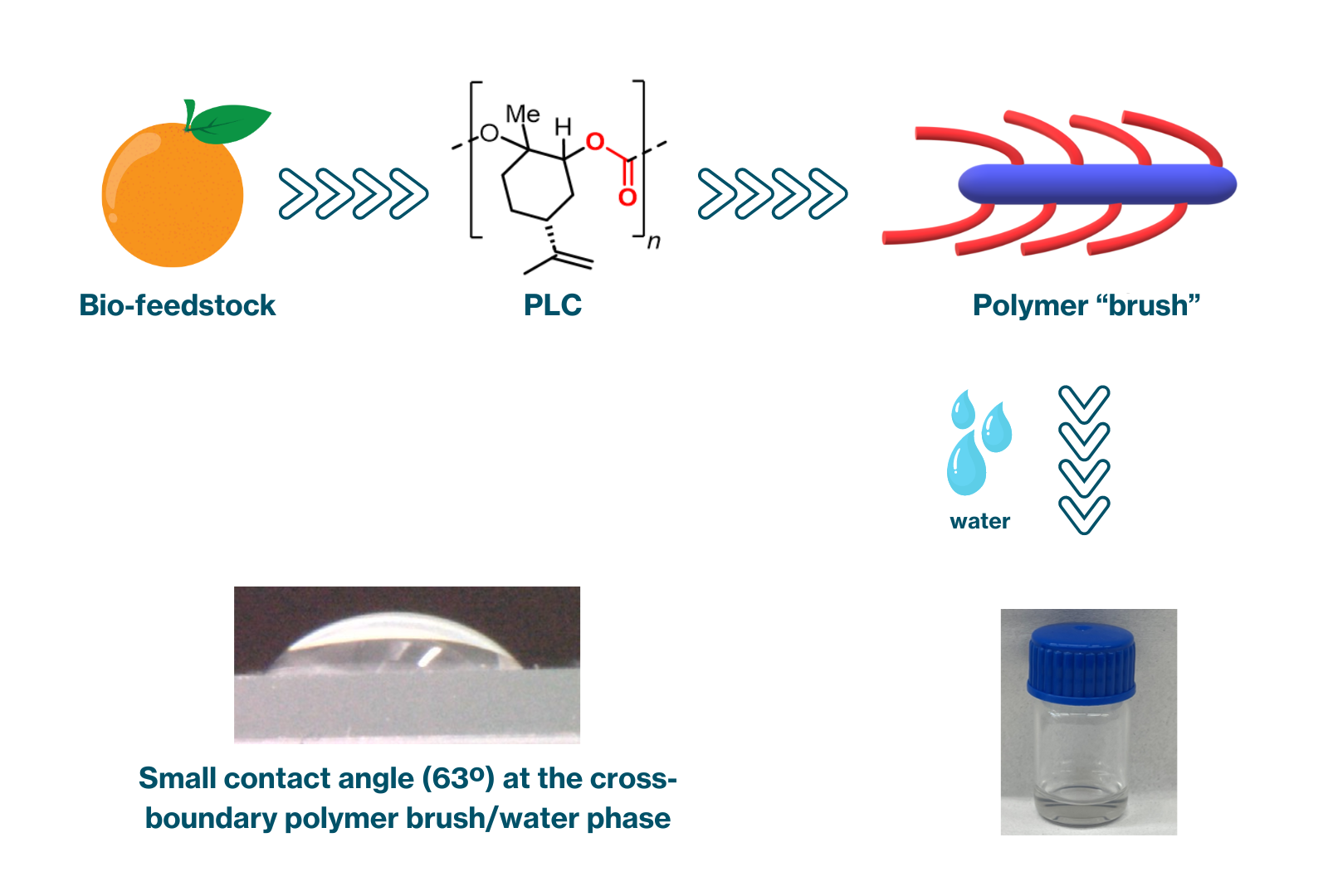
Reference article
Controlled Synthesis of Bioderived Poly(limonene carbonate)-Oligolysine Hybrid Macromolecules
Skoulas, D.; Tolentino, A.; Kleij, A. W.
ACS Macro Lett. 2024, 13, 1332–1337, DOI: 10.1021/acsmacrolett.4c00461.
The COMBILOOP project has received funding from the European Union’s Horizon 2020 research and innovation programme under Marie Skłodowska-Curie grant agreement No. 801342 (Tecniospring INDUSTRY) and the Government of Catalonia’s Agency for Business Competitiveness (ACCIÓ).
COMBILOOP:



Related news

Let's create a brighter future
Join our team to work with renowned researchers, tackle groundbreaking
projects and contribute to meaningful scientific advancements





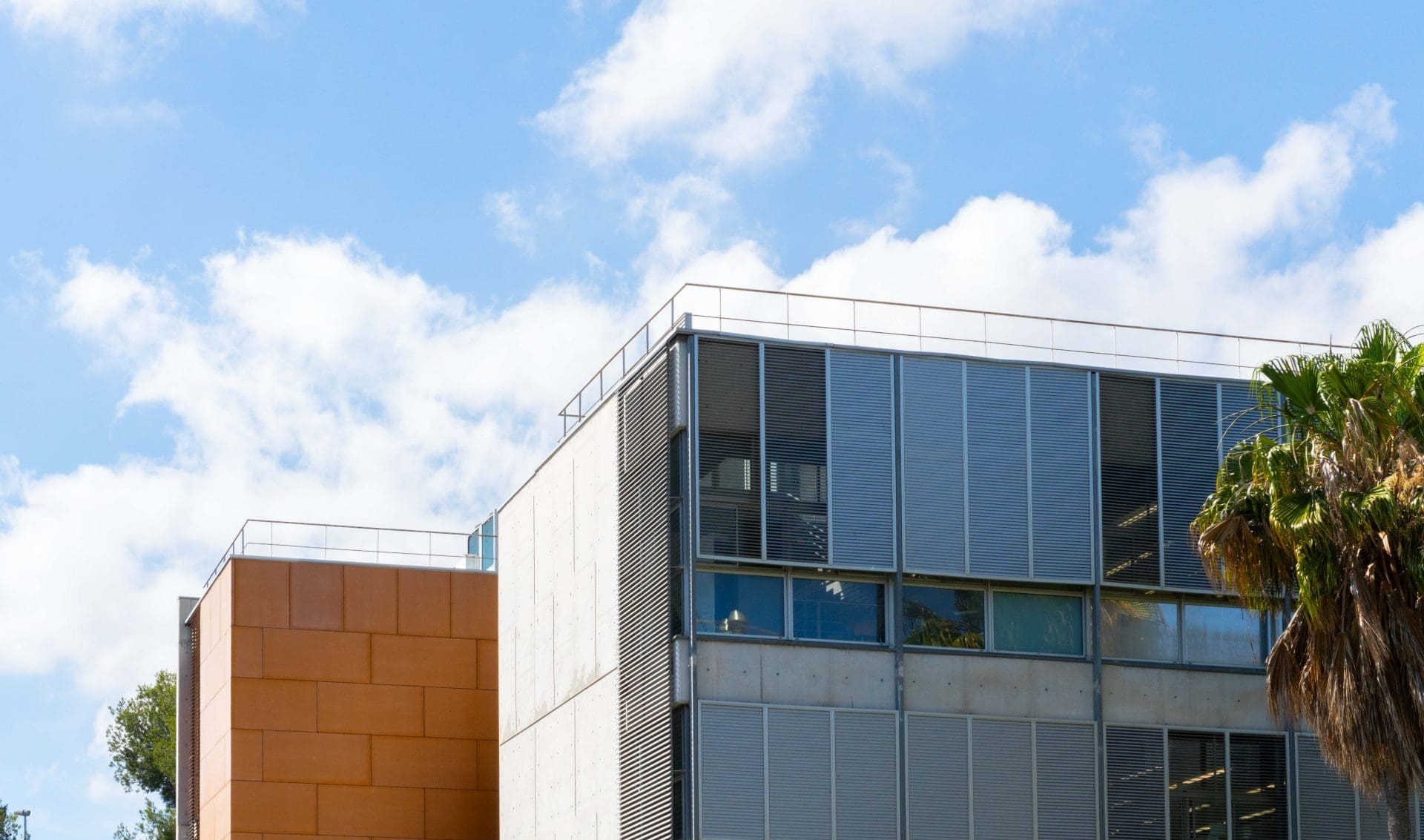
 10-04-2025
10-04-2025 

